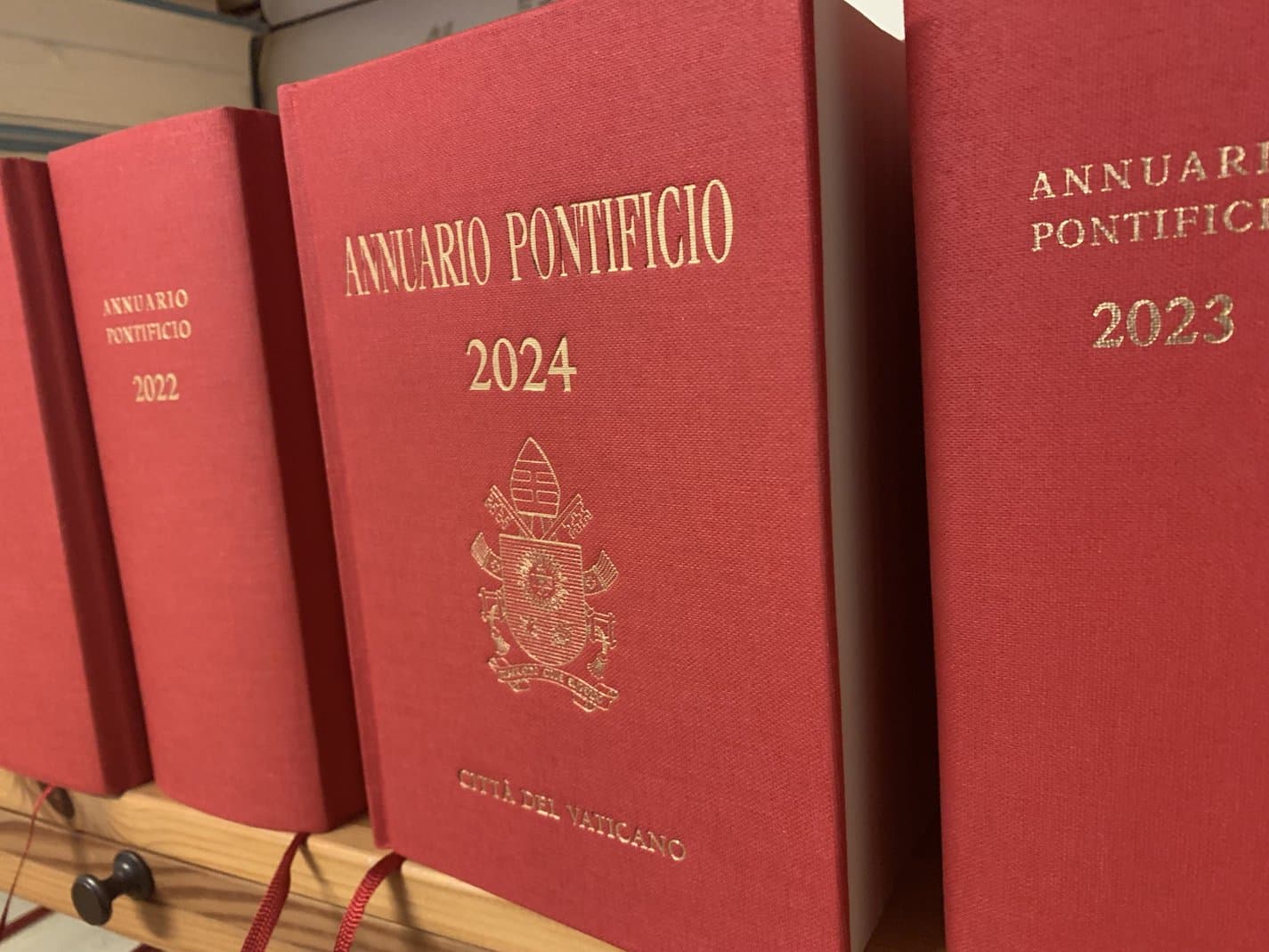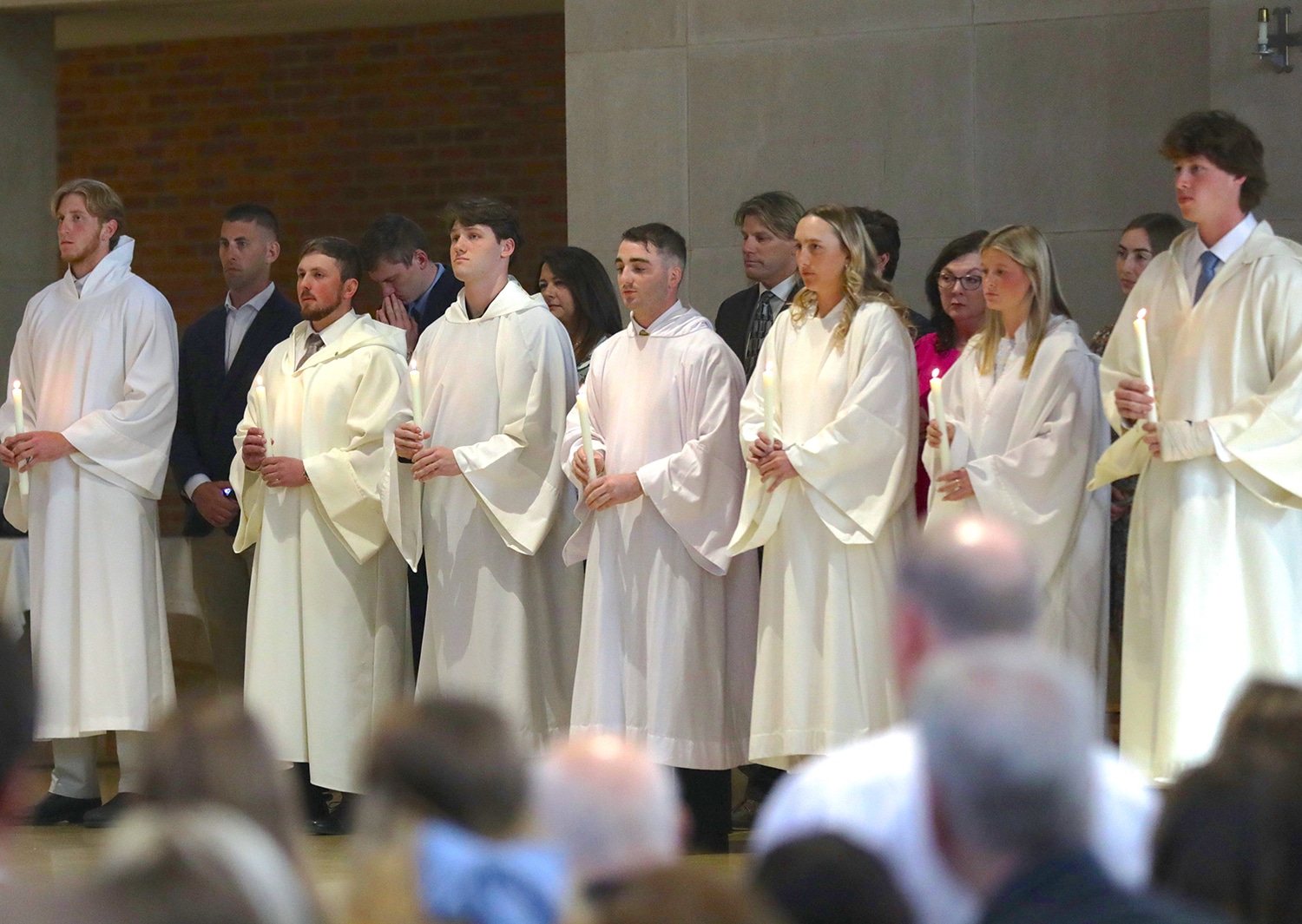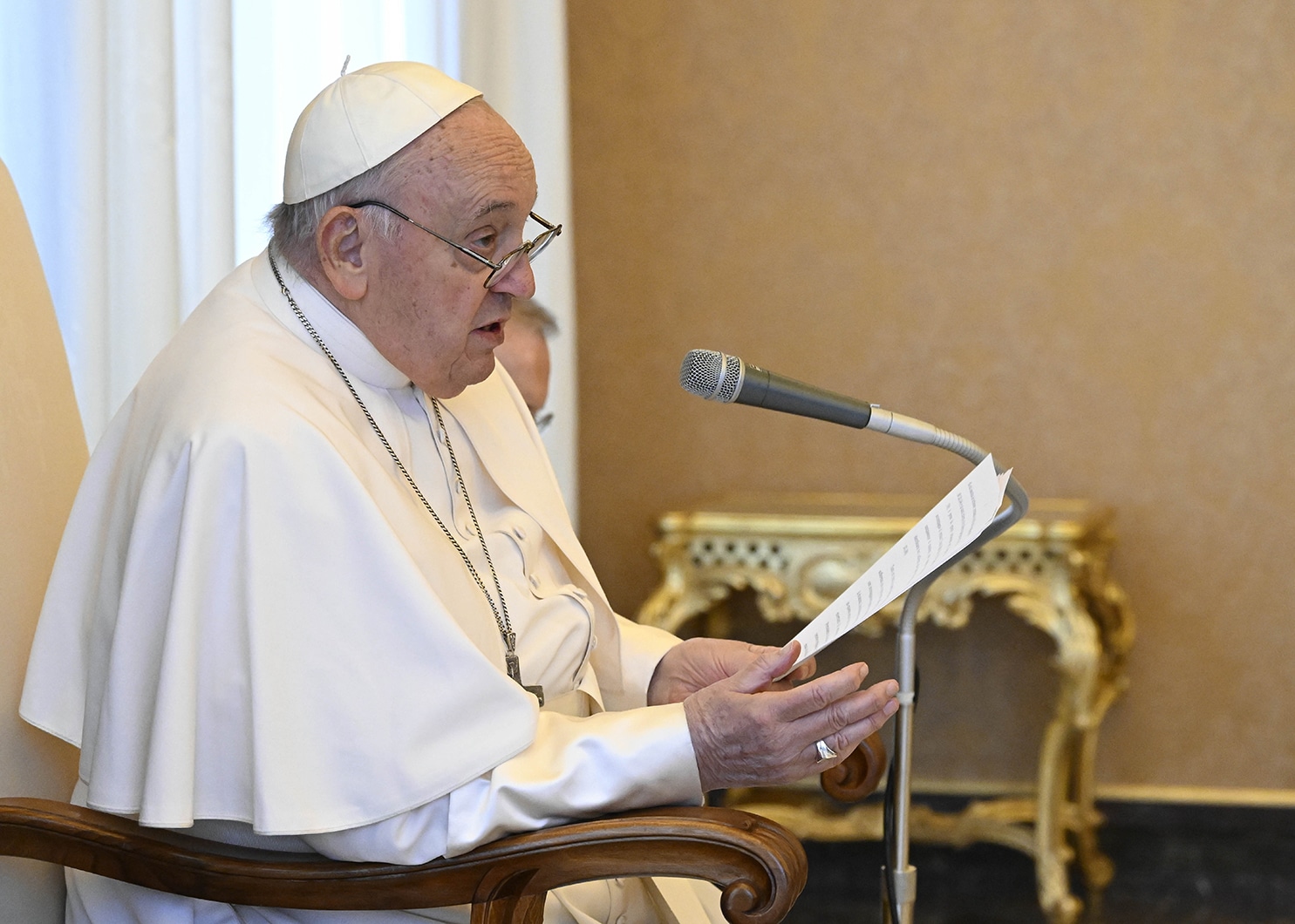Baseball season has arrived again, and with it the perennial hope that this is the year that my team will win it all. Of course, fans of all major sports look forward to the start of a new season. But the beginning of a baseball season differs from the commencement of new seasons in other sports. Through the dark, cold days of February and March baseball fans — huddled around the proverbial hot stove — anticipate the new season not merely for the game itself, but as an indication of renewal and refreshment.
Always coinciding with the onset of spring, and often (as it did this year) with Easter, baseball is the sport that uniquely contributes to a sense of rejuvenation and optimistic expectation. The days are getting longer and warmer, grass is turning green, flowers are blooming, bees are buzzing. For baseball fans, the crack of the bat and the pop of ball in glove are just as sure signs of hope as these other natural indications of Spring.
Reflecting the journey to God
Several years ago, John Sexton, retired president of New York University, wrote a delightfully engaging book, “Baseball as a Road to God: Seeing Beyond the Game.” Before his elevation to president, Sexton — who holds both a Ph.D. in religious studies (Fordham University) and a J.D. (Harvard Law School) — taught a highly popular course of the same name at NYU.
Combining his deep affection for baseball (and specifically the Brooklyn Dodgers of his youth) with broad reading in comparative religion, Sexton uses baseball as a sustained metaphor for religious experience and the quest for transcendence.
The laconic pace of a baseball game, along with the length of the 162-game season, more acutely capture the refreshing importance of leisure than any other major spectator sport.
Sexton does not suggest that baseball is a substitute for religion, nor adequate to fulfill religious longing. His aim is more modest. Through autobiographical narrative, interaction with religious scholars, and an intimate knowledge of the history of baseball, he demonstrates how baseball may both reflect and contribute to the human journey toward God. Of course, even this observation is not original to Sexton. But “Baseball as a Road to God” is among the better meditations on baseball as metaphor.
Sexton begins with an account of the tension when, as an eighth grader, he listened to the last three innings of his 1955 Brooklyn Dodgers’ historic World Series win over the dreaded Yankees. “That day lives for me still because it was … mystical: the improbable triumph, yes; but even more important, the intensity of the hope and ecstasy” of winning the championship. Though he did not appreciate it at the time, “that day displayed some of the profound and complex elements that constitute religion,” Sexton explains. He was “transported to a plane familiar to ‘the faithful’ — to a place where faith, hope, and love” made Oct. 4, 1955, a sacred day.
Made for transcendence, not work
Sexton’s book resonates strongly with me. I had a nearly identical experience precisely 20 seasons later. While less improbable than the Dodgers’ World Series win, the Cincinnati Reds of the 1975 season finally fulfilled the expectation that Reds fans had sustained over the prior five years, which included two failed World Series appearances, first to the Baltimore Orioles in 1970 and then the Oakland A’s in 1972.
The tension of games six and seven of the 1975 series was no less palpable than the last three innings of the Dodgers’ 1955 win. Game six ended after 12 innings with a now-iconic home run by Red Sox catcher Carlton Fisk, ending the Reds’ hope of snagging that elusive fourth win and World Series glory. Most of game seven looked almost as bleak, with the Reds trailing 3-0 heading to the sixth inning. But this then-seventh-grader did not lose faith or abandon hope. And after the Reds rallied with two runs in the sixth, and one each in the seventh and ninth, I was transported to the same plane of ecstasy as John Sexton had been 20 years earlier.
As I have written elsewhere, the human person is made for transcendence. Created in the image and likeness of God, man alone is capable of abstracting from his experience, and thus of contemplating the meanings of such things as being and knowing, celebrating and grieving. This implies several things, two of which are especially appropriate to baseball.
First, leisure is an essential aspect of the moral and spiritual development of the human person. That growth may come through various means and in surprising forms. As the name of this column suggests, grace is everywhere. Leisure is the necessary condition for developing that unique human capacity. The second implication of man’s natural quest for, and experience of transcendence, is that work is ordered toward the human person, not the human person toward work.
The laconic pace of a baseball game, along with the length of the 162-game season, more acutely capture the refreshing importance of leisure than any other major spectator sport. In baseball, one has the time to reflect, debate, predict, and analyze even pitch-by-pitch. The leisurely pace of baseball is most consistent with philosophical abstraction. And, of course, a bad day at the ballpark is better than a good day at work.
We work so we can watch baseball. It’s part of the natural law.







